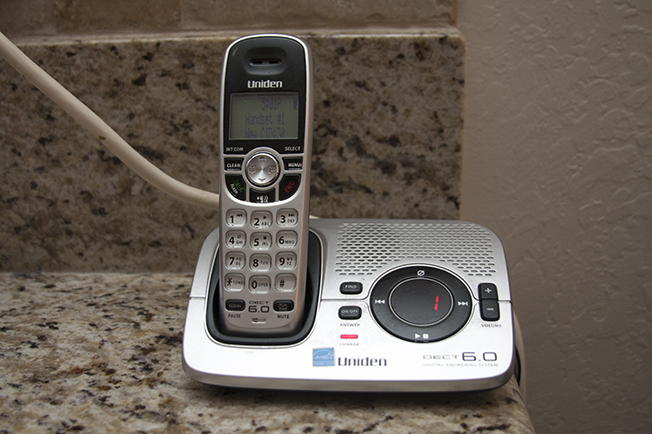I love my 8-to-5. Seriously! I work at one of the coolest companies in California, and my coworkers are hilarious, genuine, brilliant people. I’ve been nothing short than excited and thrilled to be going steady with my job (even though it didn’t get me flowers or chocolate on our recent anniversary). I can’t believe how lucky I am to be 23 and recently graduated with such a great place to work every weekday.
But I’m having an affair on the side.
It started with wandering eyes; a dangling participle would catch my gaze and pique my interest, a misplaced comma could so easily distract and entice me. Editing has always been my passion and, without my fix, I start to go into withdrawal. My obsession with grammar was born from my love of organization, mathematics, and rules—the sheer act of breaking down something as complex and nebulous as language and literature practically makes my mouth water. It’s like math with words!
When I started my day job, however, I was not tasked with meticulously grooming the text in a document but rather shaping its look and feel instead. This focus on document design has taught me so much in the areas of layout and graphic design (an area I’d previously only dabbled in, buried somewhere in an elective I took for my degree). But while my design skills flourished, my editing chops lagged, and I found myself missing semicolons and subordinate clauses.
And then I found the UNDERenlightened.
Our editor-in-chief, Anastasia, recently published an article chronicling our pitfalls and successes since we started operating UE a year ago. She was a complete stranger to me back then: a friend-of-a-friend who was cashing in enough favors to get an idea off the ground. I emailed her and set up a phone interview, eventually signing away my evenings and weekends in order to get a hit of that sweet, sweet grammar.
My original commitment of editing one article a week instantly exploded when I stepped up to managing editor at the beginning of this year. Our editing team dwindled to two: I edited every article twice, with Anastasia doing a final read before posting. Thankfully, our staff is expanding once again (though we always love more help).
It’s a lot of work and even more time, but teaching myself the professional skills that I want is a priceless opportunity. I’ve maintained and improved my concrete skills: I haven’t forgotten the important bits from my grammar courses though I still have my textbooks handy (I wish the same could be said for my French minor), I’m developing my ability to edit for tone and content, and Anastasia has guilted me into writing more articles than I ever would have volunteered. I’ve also discovered some invaluable resources: for example, the Chicago Manual of Style allows a free trial, which is quote/unquote unlimited (as long as you don’t mind making tons of fake email addresses—I’ll pay for a real subscription eventually, I swear!).
When my friends complain about their struggle to find fulfillment at work, I ask them why they don’t just make opportunity for themselves. However, I realize how tough that can be. I have to remind myself that my schedule is not for everyone: it is literally a job on top of a job. But if you’re committed to learning a new craft, I believe that you will make the time, even if you’re not a self-admitted workaholic like I am.
I’m incredibly lucky to have this outlet for my passions. I have the benefit of a day job that supports me enough to devote my evenings and weekends to editing. I even have family, friends, and strangers on the Internet who help this blog run, allowing me to fulfill my personal interests.
For now, I get to keep both the job I lust and the job I love. It’s exasperating sometimes, but it leaves me energized and optimistic for the future. I am confident that I can sow the seeds of personal development now, and reap the rewards of a grammar-filled 8-to-5 at a great company later.


